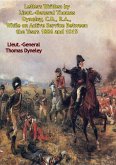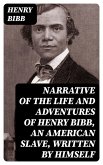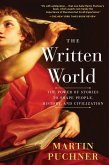In "The History of Thomas Ellwood Written By Himself," Ellwood provides a compelling autobiographical tapestry woven with the threads of 17th-century Quakerism, personal reflection, and social critique. His narrative embraces a confessional tone, illustrating not only his personal journey but also the broader socio-political landscape of his time. The literary style is marked by a candid accessibility; Ellwood's prose draws readers into his life experiences, from his early life to his steadfast commitment to his faith amid societal turbulence, making it an enlightening addition to the Quaker literary canon. Thomas Ellwood, a prominent figure in the Quaker movement, was deeply influenced by his encounters with notable contemporaries such as William Penn and George Fox. His experiences as a conscientious objector, his imprisonment for his beliefs, and his dedication to social justice reflect the values that permeate his writing. Ellwood's life was one of resilience and conviction, driven by his spiritual awakening and commitment to egalitarian principles. Readers interested in personal narratives that intersect with history will find Ellwood's autobiography both enlightening and engaging. It serves not only as a reflection of one man's life but also as a window into the Quaker experience in a time of great turmoil and change. This book is a must-read for those seeking profound insights into faith, identity, and the human condition.
Dieser Download kann aus rechtlichen Gründen nur mit Rechnungsadresse in A, B, BG, CY, CZ, D, DK, EW, E, FIN, F, GR, H, IRL, I, LT, L, LR, M, NL, PL, P, R, S, SLO, SK ausgeliefert werden.
Hinweis: Dieser Artikel kann nur an eine deutsche Lieferadresse ausgeliefert werden.









